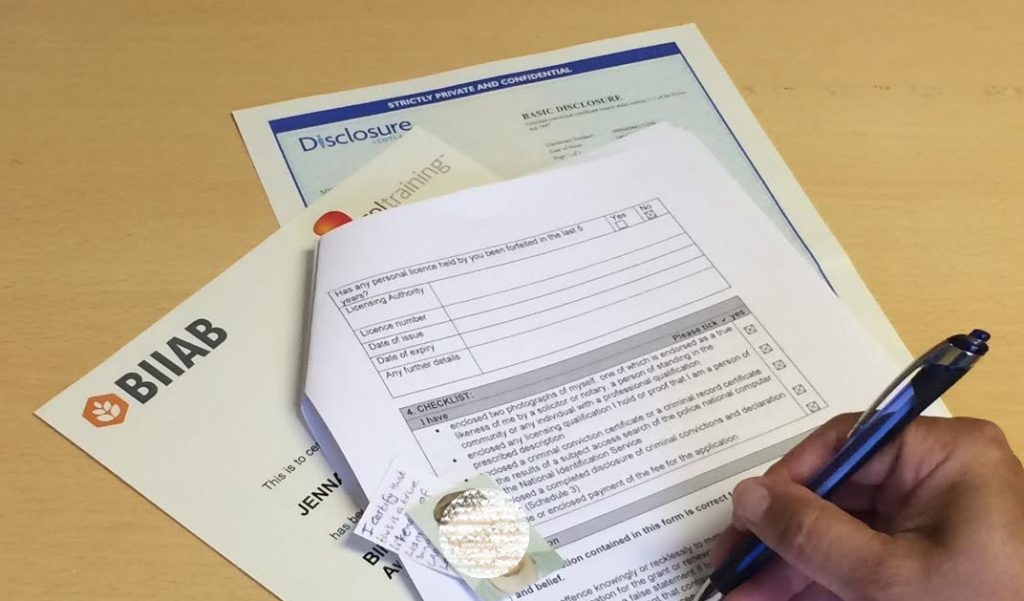Job search is a challenging task for many people that lead to job search depression. It requires putting a lot of time and effort into showing any results initially. If you expect the results in a short time, you may get disappointment, ultimately causing depression.
According to the studies, there is a correlation between unemployment and mental health, and it further explored that unemployed people are more likely to get depressed than employed people. Therefore, dealing with job search issues is significant before it disrupts your mental health.
This article details some important information about what is job search depression, how to deal with it, and ways to recover from burnout.

Can Job Search Cause Depression?
Yes, the job search can cause depression as it is a serious matter, and you ought not to take it lightly. Job search stress strongly correlates to your mental health and wellbeing, and the most common psychological issues people face are anxiety and depression.
Even if you are optimistic, losing a job can be stressful, and it becomes stressful when it takes longer to find a new job than expected.
Why is Job Searching so Exhausting?
Job search is stressful by nature. There may be several reasons for it; however, the most common cause is you do not get the outcome as much effort as you put into it. Unfortunately, unemployment is a global issue, and most people in different countries are unemployed.
1. Uncertainty
One of the most prevailing reasons is uncertainty. Even after many job searches, you are unsure what managers will do with your resume. Even if you do not have an idea about the time duration, it will take you to find an excellent job for you. Worst of all, employers’ discouraging behavior can lead to even more depression.
2. Rejections
Rejections are another most common cause of job search depression as there is much competition in the market, so most job seekers fall prey to rejections. Nonetheless, it is daunting to deal with constant rejection positively and stay positive.
Why Does Looking for a Job Give me Anxiety?
1. Embarrassment
Job search without fruitful results can result in anxiety, and you may feel ashamed of being unemployed. Most of the time, you do not feel like socializing with people to hide your employment due to fear of people’s comments and questions.
2. Lack of Finance
Unemployment ultimately means falling prey to financial crises. If your source of income dries up, it can cause anxiety. You are likely to feel depressed and helpless.
How do I Overcome job Search Anxiety?
Overcoming job search anxiety is not easy as it requires the right strategies and planning to over job search stress. These suggestions can help achieve success.
- First and foremost is to maintain your perspective and remain optimistic about getting good opportunities.
- Secondly, you need to remind yourself that the process of job hunting is natural, and you must face the hindrance with confidence.
Is it Ok to Take a Break from Job Hunting?
Many people ask whether it is ok to take a break from job hunting or not. However, the answer is yes. Taking a break is necessary as it gives mental relaxation and gives you some way to manage essential tasks. Meanwhile, taking a break, you can attend a networking event, consult with a career coach, or do something profitable.
How do I Recover from Job Search Burnout?
Now that you know what job search depression is, its causes, and more, it is time to learn strategies to recover from job search burnout.
1. Set Attainable Goals
Along with focusing on your ultimate goal for a job search, you can set some immediately attainable goals. Although these tasks may seem small, achieving these tasks gives you motivation and confidence to stay consistent.
2. Assemble your Time
Searching for a job constantly may not allow you to set your fixed hours, which can create anxiety and job search depression. If you make a fixed schedule and stick to it daily, it will help you complete that list and feel a sense of achievement each day.
Wrapping It Up
Finding ways to recover from job search depression can help you stay motivated and energized. In short, you should spend time creating a solid network with your connections and adjusting search filters on different job search platforms. Still, if you do not get the expected results, you can refresh materials for applying for a job and strengthen your online presence.


